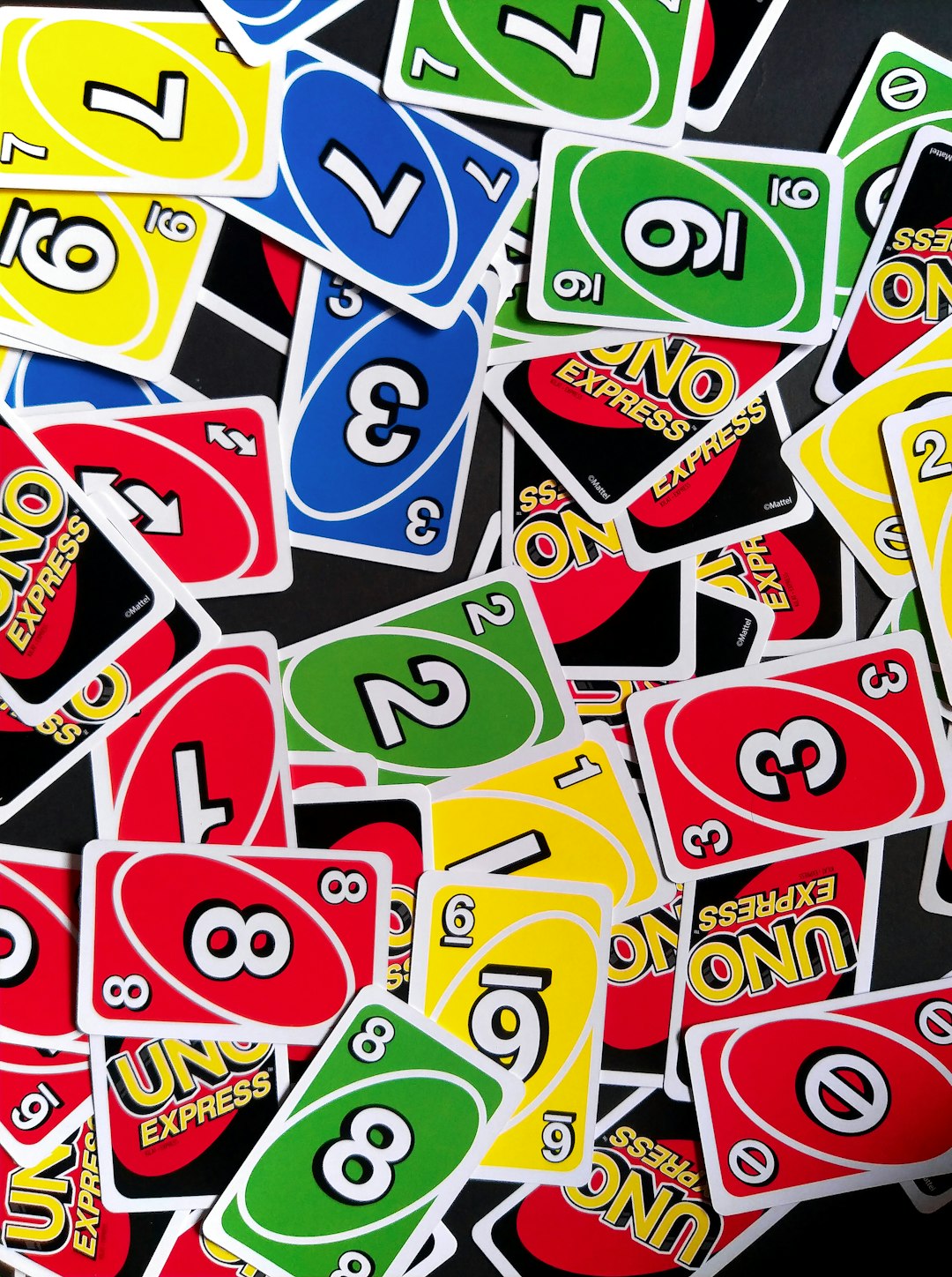Puzzle games have been a popular form of entertainment for centuries. From crosswords to Sudoku to jigsaw puzzles, people have been drawn to the challenge of solving complex problems and overcoming obstacles. But puzzle games offer more than just a fun way to pass the time – they also provide a number of benefits for both the mind and the body.
One of the key benefits of playing puzzle games is the way they help to stimulate the brain. When we engage in solving puzzles, we force our minds to think creatively and critically, which can help to improve cognitive function and memory. Studies have shown that regularly engaging in activities that challenge the brain, such as puzzle games, can help to reduce the risk of developing cognitive disorders like Alzheimer’s disease and dementia.
Additionally, working on puzzles can help to improve our problem-solving skills. By forcing us to think outside the box and come up with creative solutions, puzzles can help to develop our ability to think analytically and strategically, skills which are valuable in all aspects of life. Whether you’re facing a challenging work project or trying to navigate a difficult personal situation, the problem-solving skills you develop through playing puzzle games can help you to approach the situation with a fresh perspective and find a solution.
Puzzle games can also be a great way to relax and unwind. In today’s fast-paced world, it can be easy to become overwhelmed with the stresses of everyday life. By taking the time to engage in a puzzle game, you can give your mind a break from the constant demands of work, school, and other responsibilities. The repetitive nature of solving puzzles can be soothing and meditative, providing a sense of calm and relaxation that can help to reduce anxiety and promote overall well-being.
Moreover, puzzle games can be a great way to improve your concentration and focus. In order to successfully solve a puzzle, you need to be able to concentrate on the task at hand and shut out distractions. This can help to train your brain to pay attention to details and stay focused on the task at hand, skills which can be valuable in all areas of life. Whether you’re a student trying to study for an exam or a professional trying to meet a deadline, the ability to focus and concentrate is essential for success.
Playing puzzle games can also be a great way to improve your social skills. Many puzzle games are designed to be played in a group, which can be a fun and engaging way to spend time with friends and family. Working together to solve a difficult puzzle can help to foster teamwork and cooperation, as well as provide an opportunity to bond and connect with others. Whether you’re hosting a game night with friends or working on a puzzle with your children, playing puzzle games can be a great way to strengthen your relationships and build social connections.
In addition to the mental and social benefits, playing puzzle games can also have a positive impact on your physical health. Many puzzle games require fine motor skills and hand-eye coordination, which can help to improve dexterity and coordination. This can be particularly beneficial for older adults, as it can help to prevent or slow the decline of motor skills that often comes with age.
Overall, the benefits of playing puzzle games are numerous and wide-ranging. From improving cognitive function and memory to reducing stress and anxiety, puzzle games offer a fun and engaging way to promote mental, physical, and social well-being. So the next time you’re looking for a way to relax and unwind, consider picking up a puzzle game and reaping the many benefits it has to offer.

